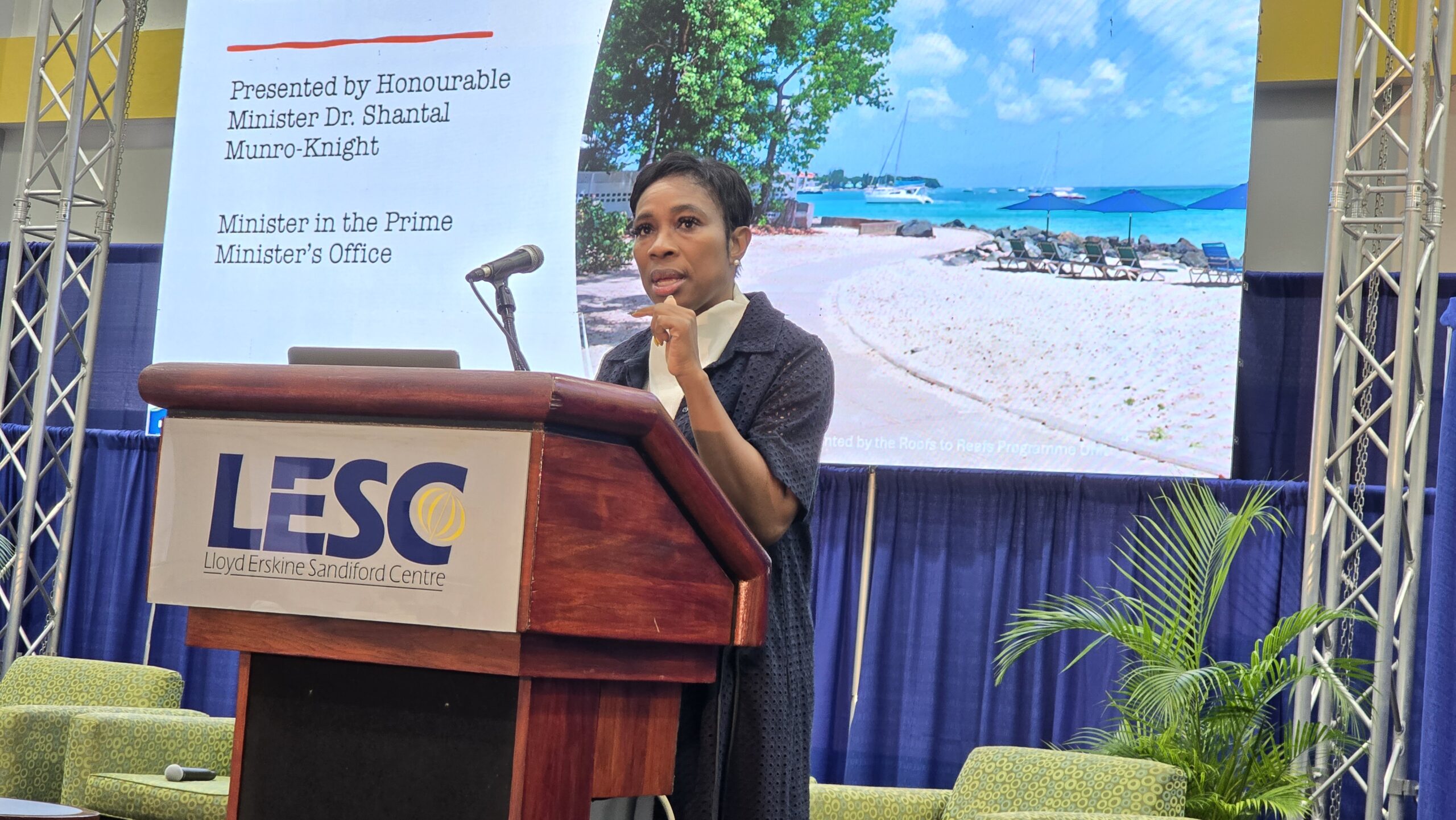Barbados is rallying its citizens and global partners to confront the escalating climate crisis with a robust $11.5 billion investment plan aimed at building resilience and ensuring sustainable development. Senator Shantal Munro-Knight, Minister in the Prime Minister’s Office, emphasized the urgency of collective action during her address at the Climate Finance for Action Empowerment Partnership workshop held at the Lloyd Erskine Sandiford Centre.
Senator Munro-Knight underscored the immediacy of the climate threat, describing it as ‘too urgent, too present, too real, almost too tomorrow.’ She stressed that Barbados, as a Small Island Developing State (SIDS), cannot afford to retreat from the challenge. ‘This is not one the government can do alone,’ she asserted. ‘It requires consensus, innovation, and partnerships to face this crisis head-on.’
The minister highlighted the difficult choices Barbados must make, balancing climate resilience with maintaining essential services like education, housing, and water. She pointed to the country’s strategic initiatives, including the Roofs to Reefs Programme, which links environmental protection from rooftops to reefs, and the Blue Green Development Bank, designed to attract private capital for climate-resilient investments.
Barbados has also implemented innovative financial mechanisms, such as climate budget tagging to track public spending on climate action and amendments to the Procurement Act to ensure sustainable government spending. Additionally, the country’s debt conversion programme has freed up nearly $50 million for a sustainability fund supporting projects across government, private sector, and civil society.
Despite global economic uncertainty, Senator Munro-Knight insisted there can be no retreat from Barbados’ climate commitments. ‘We must continue to think innovatively about how we crowd in and press finance and international agencies for a widening of space,’ she said.
Ricardo Marshall, Director of the Roofs to Reefs Programme, echoed the call for reform, criticizing the global financial system for disadvantaging small island states. He lamented the insufficient financing available for disaster-stricken nations, citing the inadequacy of the COP30 loss and damage fund. Marshall emphasized the need for science-driven policies and innovative financing strategies to build a more resilient Barbados.
Both leaders urged national and international stakeholders to unite in addressing the climate crisis, emphasizing that Barbados’ survival depends on decisive, collective action.
